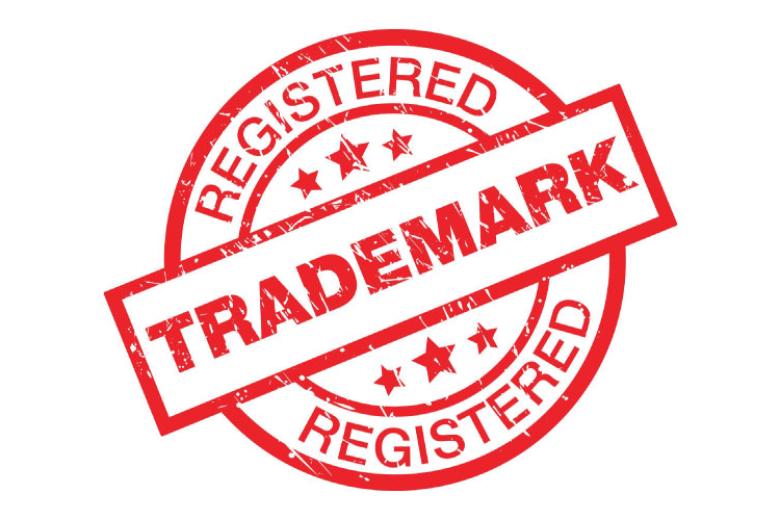A well-rounded roundtable: students, professors, professionals and a Commission representative discuss how to regulate the Internet
On the 4th of December, the Faculty of Law hosted a roundtable discussion on the upcoming EU Copyright Directive (2019/790) with viewpoints from students, the Commission, and Academics. The discussion focused on controversial provisions of this contested legislation.
The controversial Copyright Directive on the Digital Single Market (2019/790) has been one of the most discussed piece of EU legislation in decades. What makes the Directive so contested is a twofold context: First, the Directive is aimed at possibly having significant effects on the everyday working of the Internet and hence on a significant part of everyone’s life. Second, its earliest drafts contained some language that has caused advocates of copyright protection and freedom of expression to rise up to virtual barricades. The roundtable discussion focussed in particular on
the vague jargon, to which now the national legislatures have to give concrete meaning.
Upload filters
The first and probably most contentious topic addressed regards the ”upload filters” in Article 17. Under Article 17, the first option for online content-sharing service providers (OCSSPs) for compliance would be to acquire authorisation (/licenses) from collecting societies for the hosting of its content. However this is not practically possible for an OCSSP that hosts a multitude of different content from different rightsholders. Thus according to the reading of Article 17(4), the OCSSP will in practice have to employ ”upload filters” to scan all of the content coming to its platform by technological means, which raises serious questions as to the realisation of more nuanced legal rights and exemptions such as parody and transformative works.
Students, professors and an expert from the Commission discussed how the unavailability of such licensing deals from collection societies constitutes a problem. Currently there is no framework for OCSSPs to acquire broad licenses. This possibility relied upon in the Directive was, according to the roundtable, ”ahead of its time”. As the licensing possibilities are not matched, OCSSPs are expected to resort to upload filters by default and the authorisation possibility may simply be forgotten.
These filters have been very controversial since their introduction in the original proposal of the Commission for a good reason: filtering all content with a faceless algorithm does sound very Orwellian. However, during the roundtable discussion, it became clear that these kinds of algorithms are not that rare and in fact most of the OCSSPs of interest already employ them semi-successfully. This puts the Directive in the context where it codifies standards to which many platforms already adhere. However, students remarked that this could put smaller platforms at a disadvantage, especially if they are acting on a voluntary basis or without profit. Upload filters also raise issues regarding who would police them and how fundamental rights would be protected if most, if not all, content we experience in these platforms is filtered through some algorithm. We will have to await national implementing legislation to provide further details.
Hyperlink reimbursement
The Directive also introduces a kind of ”link tax”, which allows for more traditional news outlets to be reimbursed by OCSSPs. A good example is Facebook or Google News, where news articles appear as hyperlinks with a small abstract of the text. The rationale provided by the legislator for this tax is that OCSSPs are slowly but surely taking over the news industry and there is an overall sentiment among the public that more traditional news outlets are more reliable and more accountable on their practices.
This decision sparked a debate where the criticism for the measure was especially directed at the fact that this is yet another step away from the safeguard originally enjoyed by OCSSPs, which were not obliged to monitor uploaded content for infringing material. Students wondered why new social media platforms should pay newspapers when hyperlinks actually garner more readers for them? It seems that this reimbursement reinforces traditional media on the cost of new media and one can’t help but wonder about its underlying justification. The provision is especially interesting as not many previous national measures existed that resembling the rule and from which success or failure could be determined.
Debate with policy-makers
Students as well academic and EU Commission staff highly appreciated the open discussion enabled through the roundtable. The new Copyright Directive is an important piece of legislation that is possibly marking a huge turning point in how the EU regulates the Internet. Discussing with policy-makers on how the new rules may affect citizens’ daily life presented a great opportunity.
Written by Jalmari Männistö, 3rd year Bachelor student of the Jean Monnet Module Intellectual Property in the Digital Single Market - More blogs on Law Blogs Maastricht
-
Protection of reputable marks beyond confusion: does “due cause” help to strike a balance between trade mark proprietors and content creators?
Content creators, exercising their freedom of expression, may use trade marks in their content in a way that might damage the interests of trade mark proprietors (e.g. use of Nike shoes in a porn movie). How does EU trade mark law address these different interests?

-
Computer-Implemented Inventions: has the term “invention” in the EPC lost its meaning?
The European Patent Convention defines subject-matter that is not eligible for patent protection, such as methods for doing business. However, when implemented by a computer, non-eligible subject matter becomes eligible for patent protection. Is this desirable?

-
The ambigous nature of the amended European trademark functionality doctrine
EU trade mark law excludes certain signs from becoming registered trade marks. In particular, shapes cannot be registered if they are necessary for achieving a technical result. In 2015, the amended Regulation broadened this exclusion to ‘another characteristics'. But what is now covered exactly?
